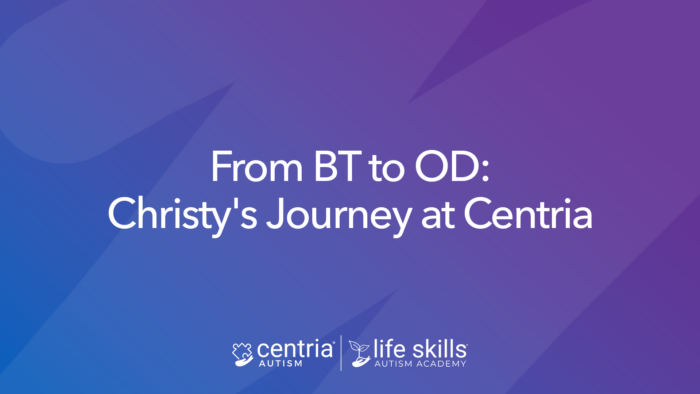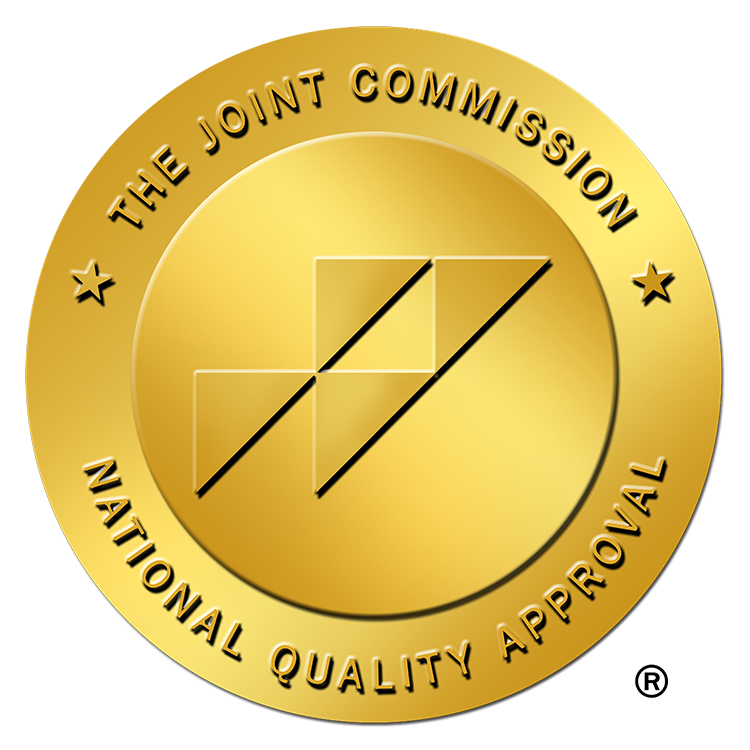If you’re knee-deep in fieldwork hours, juggling multiple clients, attending clinical meetings, and still trying to have a social life (or even just sleep), you’re not imagining it: burnout is real. As a BCBA who remembers the pressure of those 2,000+ hours all too well (yes, Taylor Swift reference), I want to say… you’re not alone, and you’re not weak for feeling overwhelmed but it’s time to take back control.
Fieldwork can be one of the most rewarding yet emotionally draining parts of the journey to the BCBA certification. Everything you do is ABA: you study it, dream it, and even apply interventions to real world experiences, but when you become a BCBA, it’s going to keep pushing you. You’ll be learning on the fly, applying theory in messy, real-world situations, and trying to prove you belong in the field, all while potentially managing other jobs, or life stressors. It’s a perfect storm for burnout if you’re not intentional about managing your energy. I won’t say it’s an easy task because, let’s be honest, it’s not, but I’d like to share a few things I’ve learned, both the hard way and the healing way.
How to Recognize if You’re Burning Out
First, you have to recognize burnout and trust me, it doesn’t always come with a dramatic crash. Sometimes it’s subtle. It’s feeling emotionally distant during client victories or team meetings, dreading sessions that once energized you, or over-analyzing your every move, fearing judgment from supervisors.
These are signs, not of failure, but of depletion and unfortunately, ignoring them doesn’t make them go away, it makes them louder.
Tips for Overcoming BCBA Burnout
Little Moments of Joy
One of the biggest shifts for me came when I started incorporating what I call little moments of joy, the things that make you smile, happy, or laugh. This was what I called it before I knew what HRE was all about. These small, intentional acts that reconnect you with your “why” ground your nervous system and help you stay regulated in those moments of clarity.
Here are a few examples:
- Slow morning (15-20 minutes): No screens, just presence. Perfect time to journal, or sit in silence with your coffee. This habit helped so much even after becoming a mama (yep– that is a whole other conversation).
- Movement Breaks: This is something I would incorporate into my sessions as a therapist when my clients were feeling a little squirmy or showing signs that they weren’t interested in whatever we were doing. We’d play some music to just move, dance, or bounce around. For me, at home, I would play my favorite jams and dance. It sounds silly but I’m pretty sure there is some science behind it.
- Post notes: I’d place a sticky note on my laptop, mirror, or planner with random acronyms or ABA lingo mixed in with motivational messages. It sounds cheesy but it helped keep my positivity and rewire my brain toward resilience.
Monthly Self-Care
While daily “joys” are about maintenance, monthly self-care is about deeper replenishment. Once a month, I scheduled something that felt restorative, not productive. This could be:
- A therapy or coaching session
- A creative outlet like painting, baking, or dancing
- A solo hike with no podcasts, just you and nature
- A full day with no ABA talk, studies, quiz notes, or research… just you.
The keyword there is you, focusing on you and not the expectations the world (or people) have of you. As a reminder, self-care isn’t a luxury, it’s preparation and it’s how you ensure that when challenges come (and they will), you’re not pouring from an empty cup.
Advocating for Your Needs
Lastly, a part of managing burnout is advocating for your needs. Yes, even as a supervisor. If your caseload is unsustainable, your feedback sessions aren’t constructive, or you’re not getting adequate support, it’s okay to speak up. It’s also important to note that being your biggest advocate is essential. Sharing your struggles with your supervisor so they can help support you will be the biggest recommendation in this field. If your supervisor isn’t aware of what you need, you cannot expect them to know how to help. Your voice matters, and developing that muscle now will make you a stronger, more ethical BCBA.
Prioritizing Your Well-being
I’d like to end with this, fieldwork is a part of the journey and how you navigate it sets the tone for how you’ll care for yourself in your career long-term. So learn to tune in, pause, and protect your peace. Your future clients and techs don’t just need a BCBA who knows the task list. They need one who’s grounded, resilient, and human. That starts with how you care for yourself today. If you are able to give yourself grace and compassion, then you’ll be ready to better serve those you work with.
To all future BCBAs out there: You’ve got this! And more importantly, you deserve to get there whole.
About the Author
Crystal Werbiski is a Board Certified Behavior Analyst and the Director of Clinical Services for the San Antonio market. Crystal lives in San Antonio, Texas, with her husband, their three-year-old daughter, and their beloved yellow Lab, Cody. She’s committed to fostering environments that values individual strengths and promotes meaningful lasting change for clients, families and team members.






